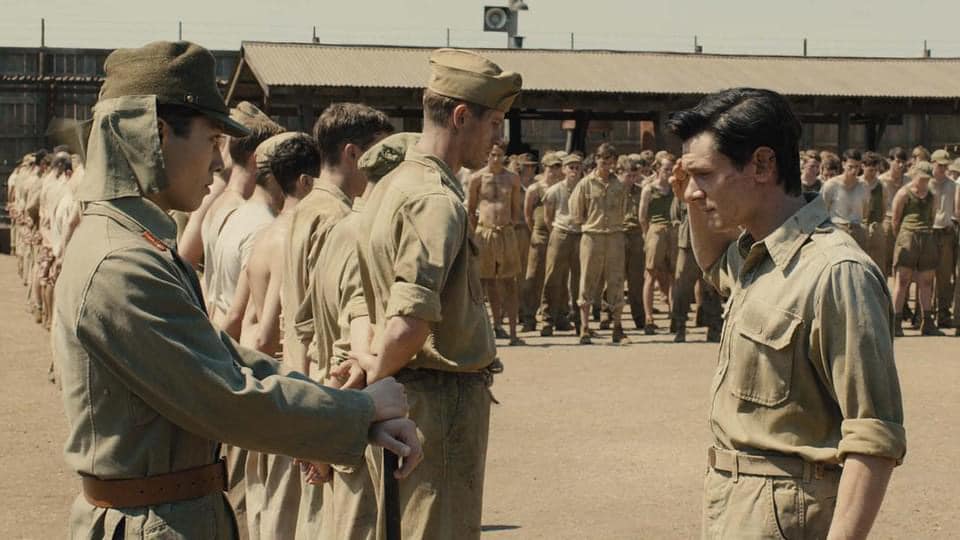“The Railway Man” (2013) is a deeply moving drama that explores the harrowing effects of war and the power of forgiveness.

The Railway Man (2013) is a poignant drama based on the true story of Eric Lomax, a British Army officer who was captured by the Japanese during World War II and forced to work on the notorious Burma Railway. The film, directed by Jonathan Teplitzky and starring Colin Firth and Nicole Kidman, delves into the psychological scars left by war and the extraordinary power of forgiveness.
The narrative unfolds in two timelines: the harrowing experiences of Lomax as a young man during the war, and his struggle with post-traumatic stress in the years that followed. The younger Lomax, portrayed by Jeremy Irvine, endures unimaginable cruelty at the hands of his captors, particularly a Japanese officer named Takashi Nagase, played by Hiroyuki Sanada. These brutal memories haunt him into his later years, casting a long shadow over his life.

Colin Firth’s portrayal of the older Lomax captures the quiet anguish of a man tormented by his past. His performance is understated yet deeply affecting, conveying the pain of a soul who has been through hell and back. Nicole Kidman plays Patti, Lomax’s wife, who is both loving and determined to help her husband confront his demons. Their relationship becomes the emotional core of the film, illustrating the strain that war places on even the most loving of bonds.

The film’s most powerful moments come when Lomax decides to face his past head-on. Learning that Nagase is still alive and working as a tour guide at the very railway where so much suffering took place, Lomax embarks on a journey to confront the man who inflicted such pain on him. This confrontation is fraught with tension, as Lomax grapples with his desire for revenge against the possibility of reconciliation.
In a remarkable turn of events, instead of resorting to violence, Lomax chooses the path of forgiveness. The encounter between Lomax and Nagase is a heart-wrenching scene that underscores the film’s central theme: that even the most unforgivable acts can be met with compassion. Nagase, who has been burdened with his own guilt over the years, is deeply affected by Lomax’s gesture, and the two men form an unlikely bond.

The Railway Man is not just a war story; it’s a profound meditation on the human capacity for forgiveness and healing. The film doesn’t shy away from the brutal realities of war, but it also offers a message of hope. It shows that while the scars of war may never fully heal, they need not define the rest of one’s life.

The film’s lush cinematography and haunting score add to its emotional depth, creating an atmosphere that is both beautiful and somber. It’s a reminder that the past is always with us, but how we choose to live with it is what truly defines our humanity.
In the end, The Railway Man is a deeply moving tribute to the resilience of the human spirit and the transformative power of forgiveness. It’s a film that stays with you long after the credits roll, encouraging reflection on the enduring impact of war and the redemptive potential of compassion.











